Description
This is one unique coffee! We have carried only a few of these Fruit Fermentations coffees in the past, some have loved them, some have not, but a very fun and definitely unique offering for home roasters. Part high quality Colombian coffee, part coconut lemonade science experiment. Flavored enough by the crazy processing that the crowd will be split on this one but we found much joy drinking it. Be ready for coffee that tastes and smells like varying levels of coconut and lemon depending on the roast level.
This Coconut Lemonade Co-fermented Washed process begins with the creation of the fermentation culture that will be used. First, a mother culture was created containing microorganisms like lactobacillus and saccharomyces cerevisiae which were derived from Rodrigo’s Purple Caturra coffee cherries. 80 liters of this culture is separated to be fed with sugar, molasses, dried coconut, and concentrated citrus juice. The ingredient mixture contributes flavor to the culture, while the sweetener energizes the fermentation and brings the culture’s sugar content to a level that matches the degrees Brix of the coffee that will be processed. This initial fermentation of the mother culture takes 190 hours to reach the appropriate degrees Brix and pH value for coffee processing.
Before being processed with the fermented culture, coffee cherries are measured for sugar content as soon as they reach the mill at Monteblanco. Cherries are then floated to remove impurities before being pulped and deposited into a 200 liter sealed tank. The 80 liter culture that was previously fermented with the fruits is added to the sealed tank, and the pulped coffee is fermented for 150 hours. During this process, the team keeps measurements to ensure that the environment doesn’t fall below 6 degrees Brix, or below a pH of 4. The coffee is then moved to the drying area, where it is dried for 2–3 days in direct sunlight and then for 15–18 days under shaded canopies until it reaches 10–11% humidity
Tasting Notes: Recommendation of a nice medium roast to present this best. If you love sweet citrus and coconut, this coffee will be pretty awesome. Two of our tasters picked this one as the favorite. The aromatics pop the coconut right out, and the lemon tones balance nicely with the Colombian coffee profile. Lighter roasts were interesting, some may want to try it here, the cup is bright and clean but be warned, the aromatics and flavor is very strong, it balances with a very sweet, nutty, buttery textured tone. Pretty much a guarantee one will have not tasted flavors like this in coffee before, but will be a limited crew that likes the light roast point best. We did like lighter roasts better than the pineapple offering, but all in all the cup lacked balance with some normal coffee tones. Medium roasts push the tastes much higher in our book, a little hint of citric acidity, some classic Colombian nuttiness, good body with a clear sweet coconut tones, a little stronger in the aromatics but also clear in the tastes. Still unique but links more to traditional coffee tastes. Darker roasts close to second crack present nicely, but into second crack more than a pop or two did pick up a little bitter contrast.
Roasting Notes: A nice larger beaned screen of coffee, roasts a little uneven, medium to low chaff levels. Error a little darker than lighter when roasting your first batch. The lighter you go, the more melon tastes and aromatics, can be quite strong. Recommend starting in the medium roast level ballpark. Good to give this one a little extra setup time, drinking it quickly after roasting added stronger fruit notes as well and we like it best when the fruity tastes balanced with a bit of classic coffee tones.
Finca Monteblanco, located high along the winding mountain roads of Vereda La Tocora in the San Adolfo municipality above Pitalito, is a family farm managed by Rodrigo Sanchez Valencia in the tradition of coffee cultivation that began with his grandfather. Monteblanco’s 18 hectares sit on the crest of a hill, with the wet mill and drying facilities at the top of the farm and slopes of coffee planted below.
In 2002 Rodrigo participated in a local program teaching local children of coffee producers to cup. Before that, he and his family had never considered coffee in terms of cup profile. By learning to differentiate profiles, he and his father and grandfather were able to make the connections between the farming techniques they applied and coffee’s resulting attributes in the cup.
At this time, Rodrigo also began to learn about cupping competitions that evaluate the best lots from farms in a region. He noticed that farms would win one year and then never again, so he decided to investigate how to produce quality coffee consistently. This led him to explore the trees planted on Monteblanco, where he discovered various varieties, his grandfather had planted in the 1980’s. One of these varieties is Purple Caturra, a type of Caturra whose cherries ripen to a deep purple color.
Rodrigo is proud that he, his wife Claudia Samboni, farm manager Don Gerardo, and the team that works in the fields and at the mill have reached the goal of achieving consistent quality. Finca Monteblanco produces microlots with each harvest that serve as competition coffees around the world, but the farm also consistently produces containers of delicious coffees that appear year-round on café menus and retail shelves. By applying an ethic of rigorous monitoring, planning, and management at each stage of production and processing, all coffees from Monteblanco showcase their full potential.
Harvesting and processing on Monteblanco have had to evolve with the times, adapting to a changing climate that yields harvest times dispersed through ten months of the year rather than in a concentrated peak. Coffees from Monteblanco are milled and prepared for export at the new, state-of-the-art Aromas del Sur drymill in Pitalito.
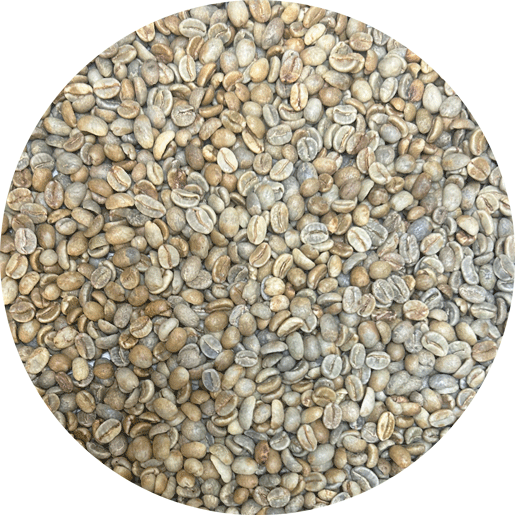
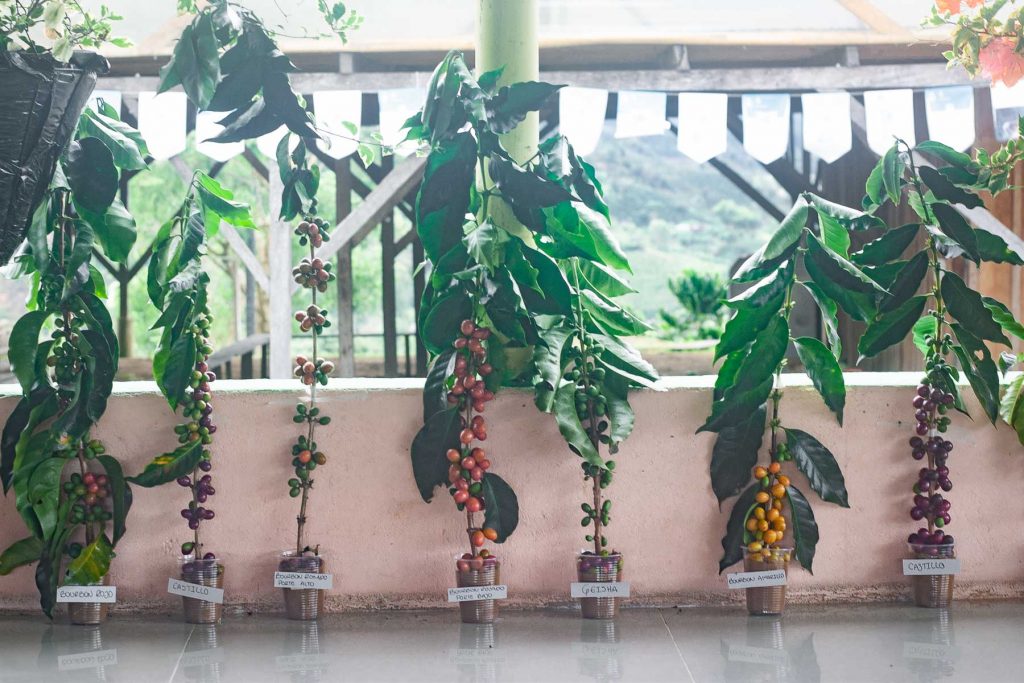
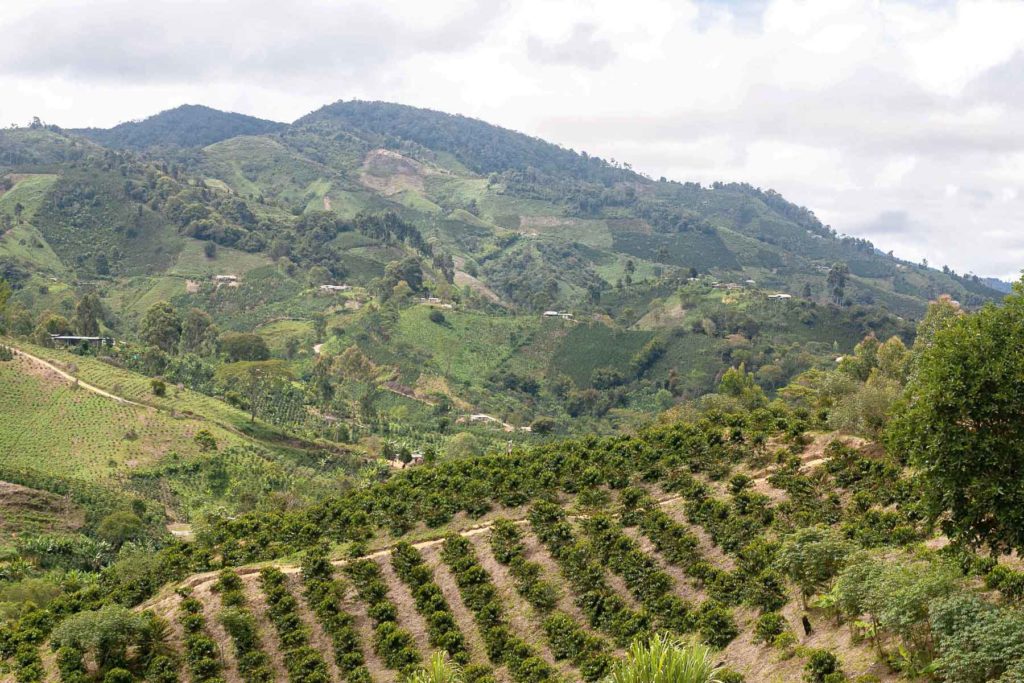
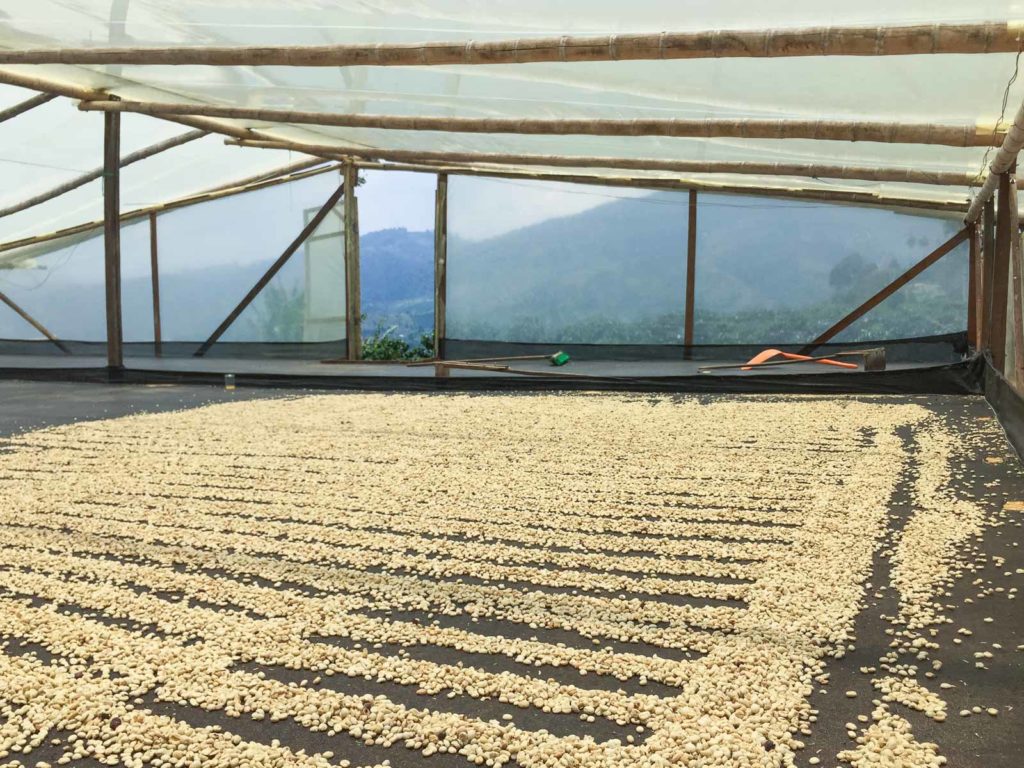
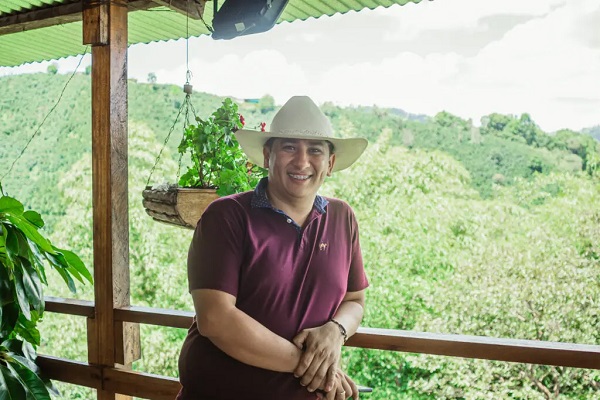
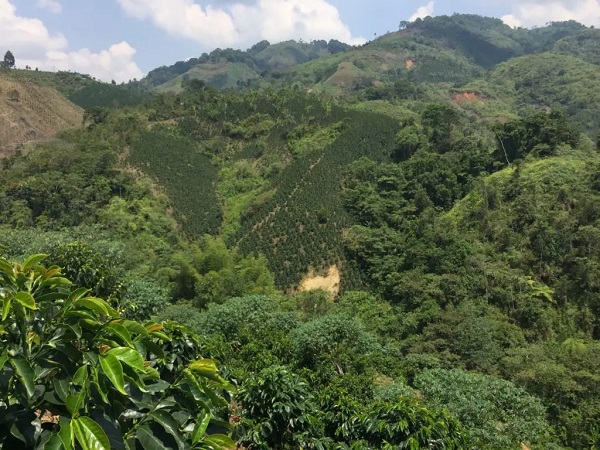
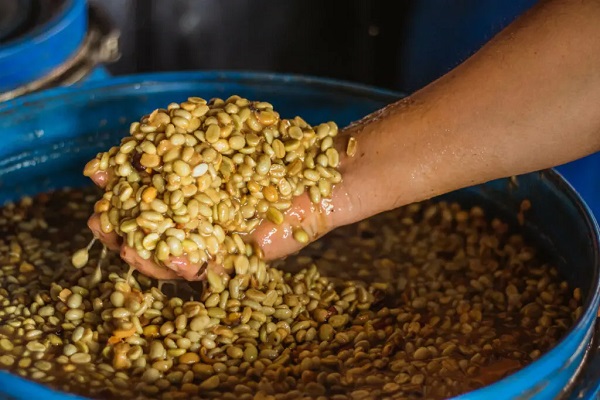
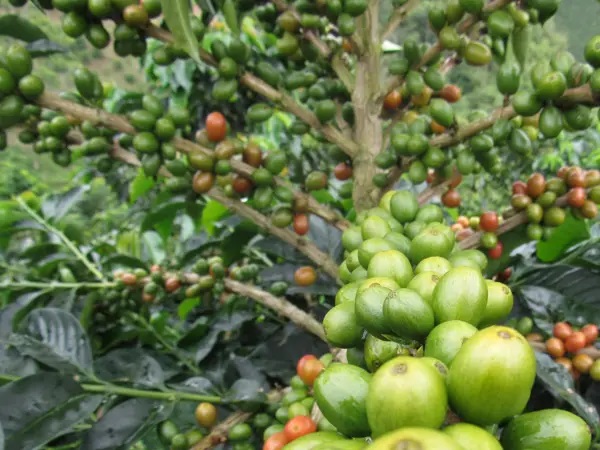
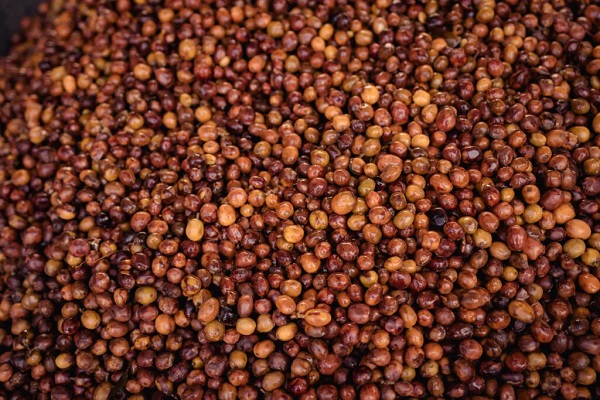
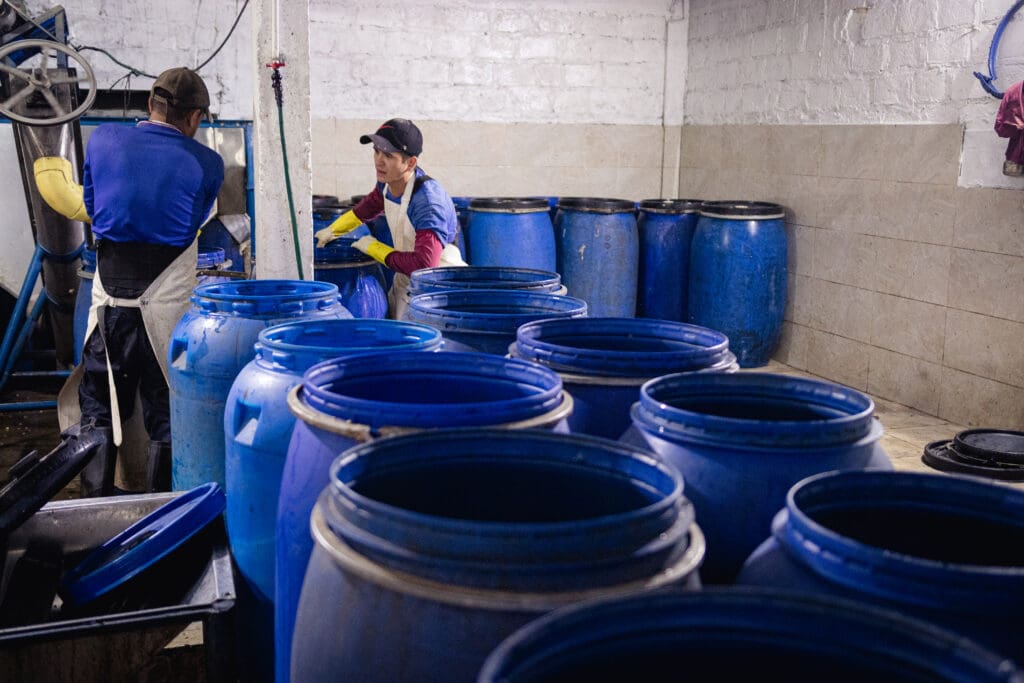
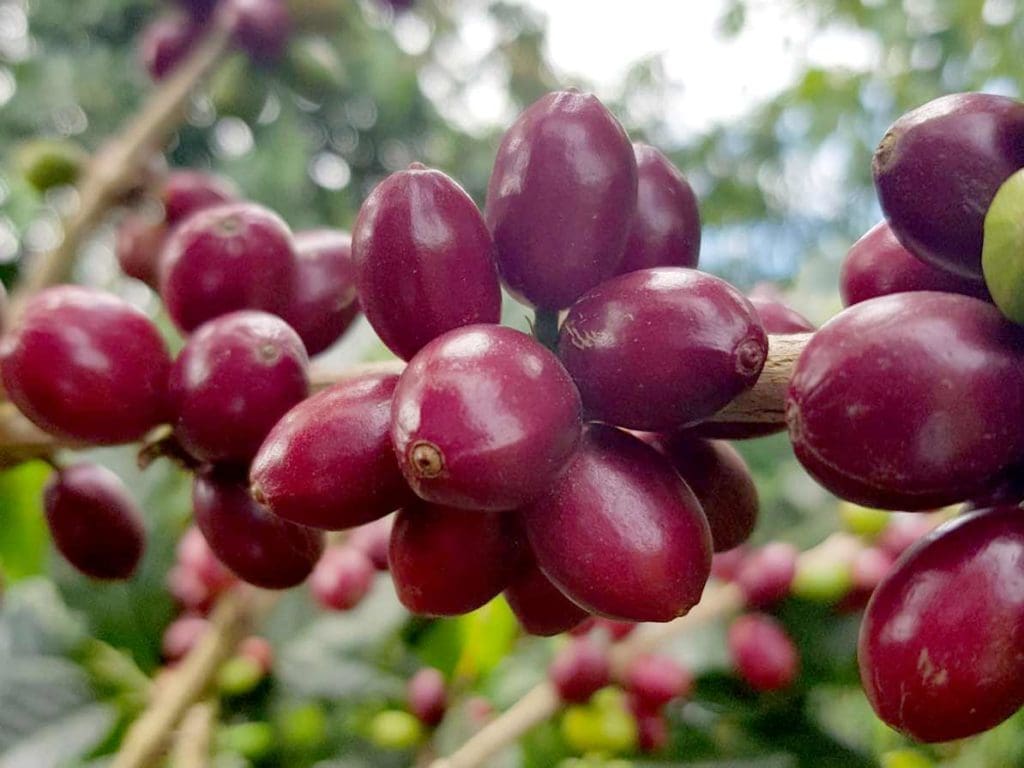
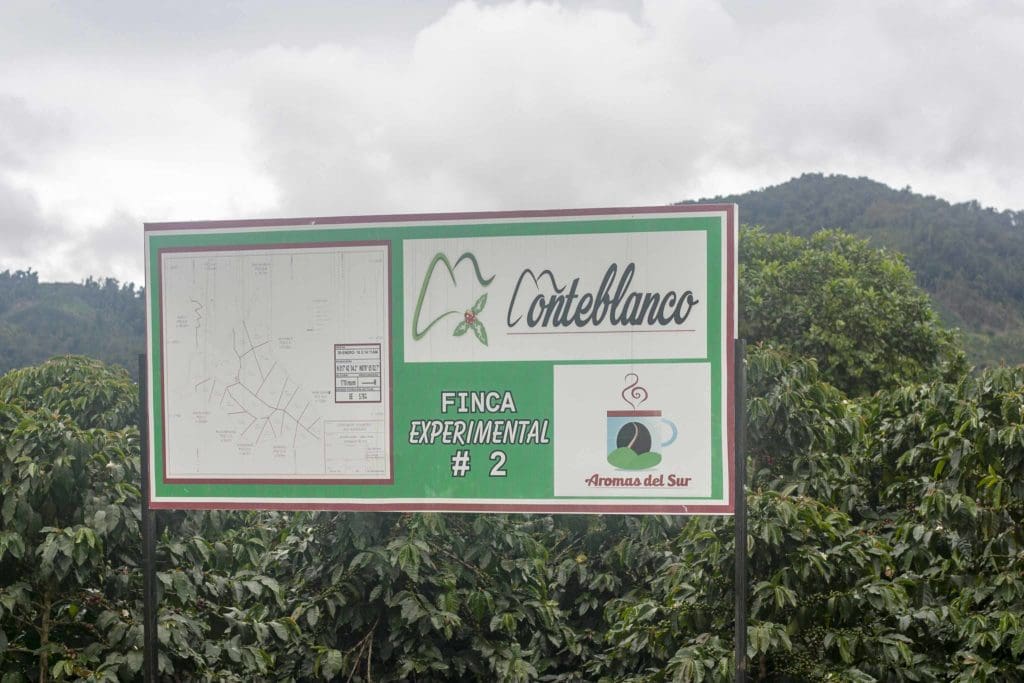
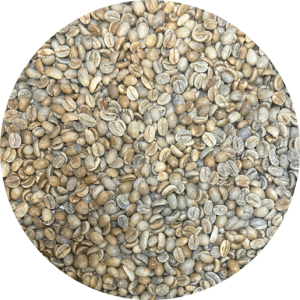
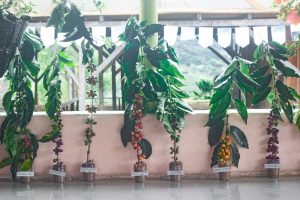
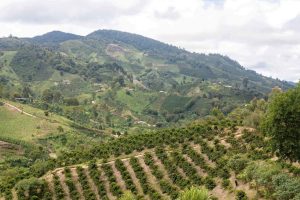
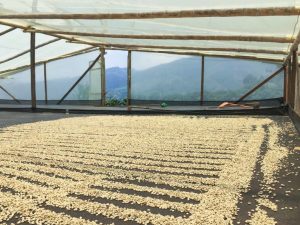
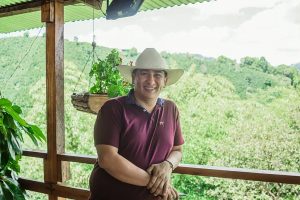
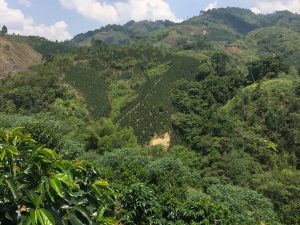
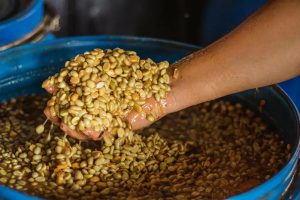
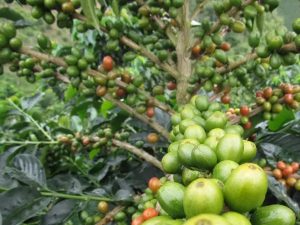
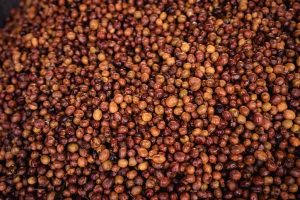
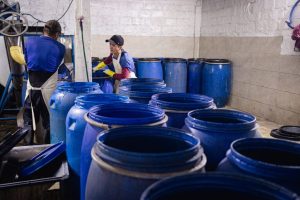
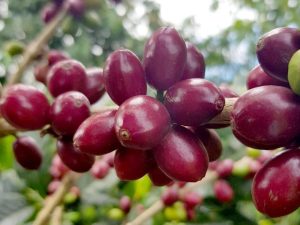
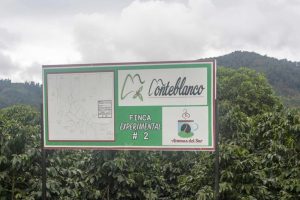
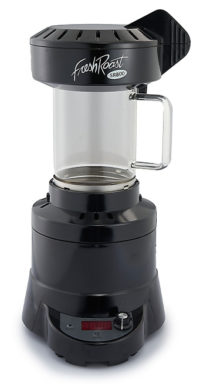
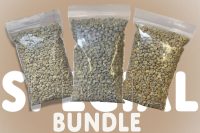
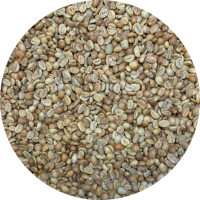
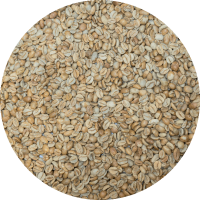

John Mitchell –
I tried the 3 pack of these flavored coffees. This one, the blueberry and the melon one. They are definitely different. The melon and the blueberry tasted just like their name says, and the taste is STRONG! However, this one, the coconut lemonade had no real noticeable flavor. These are nice to try for fun, but not something that I’d buy in the future to drink daily.